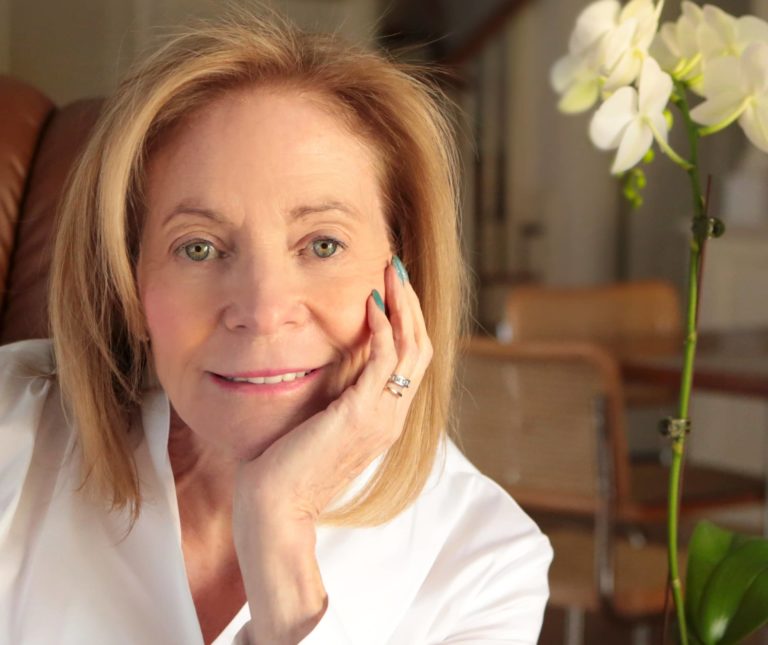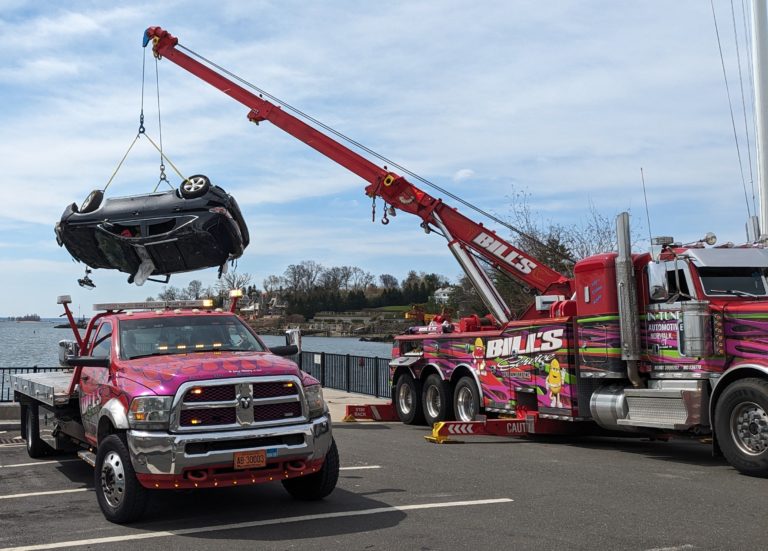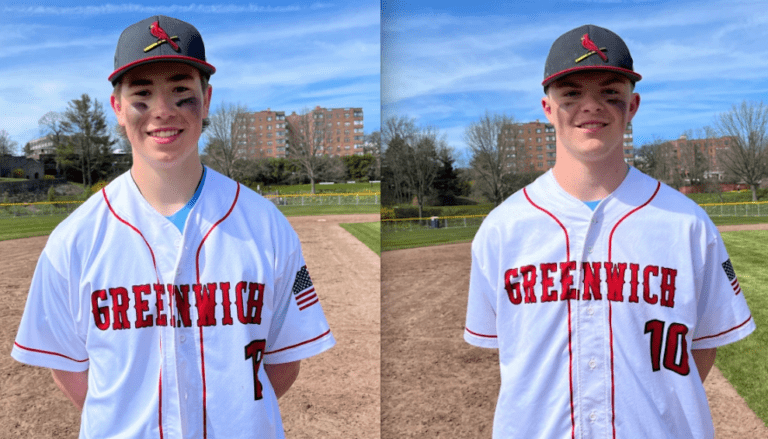By Frank Scarpa
At the May 17 meeting of the Greenwich Retired Men’s Association Bob Meaney introduced the speaker, Peter McCornick, Ph.D., tenured professor in the Department of Biosystems Engineering at the University of Nebraska. Professor McCornick holds masters and doctorate degrees from Colorado State University, and he is executive director of the Daugherty Water for Food Global Institute (DWFI). Prior to joining DWFI, he was the deputy director general of research at the International Water Management Institute.
With an international career focused on sustainable management of water resources, he has led research and implemented programs on water, agriculture, and the environment in Africa, Asia, the Middle East, and North America.
Dr. McCornick delivered his lecture with a pleasantly light Scottish brogue. He began by pointing out that the current world population of eight billion is expected to reach ten billion by 2050, with twenty per cent of those people living in sub-Saharan Africa. At that time, it is estimated that one billion people will be suffering from food insecurity. The many drivers of such adverse changes include climate, extreme events, conflicts, trade markets and – notably – degradation of the quantity and quality of water resources.
The audience then viewed a brief video of the Daugherty Institute at the University of Nebraska. The Institute’s vision is to have a lasting and secure positive impact on the world’s water and food resources.
Global water security implies availability and accessibility for water management and maintenance of quality and safety. Crop production consumes seventy per cent of global water use. Need and usage vary from year to year and from season to season.
Dr. McCornick used the example of Nebraska as a “living lab” to illustrate his message.
The Platte River Basin and the Ogallala Aquifer developed surface irrigation systems over a hundred years ago. It is now the largest irrigated area in the U.S. Currently, 7/8 of Nebraska’s land is sustainably irrigated by groundwater. And the levels of groundwater have remained relatively stable for two decades. Management, especially in dry areas, is tight and is overseen by boards and peer groups from the community.
Issues on other continents were then illustrated. In Asia, the Ganges River is a “water machine” which floods annually. During the dry season, pumping of water is active. India has over twenty million wells. There are millions of small-scale farms. But overuse has been depleting the groundwater, and there is a need for reform. In Africa, Rwanda has a history of low-producing small farmers. With sub-Saharan Africa’s population expected to double by 2050, this area will not be able to meet its food needs by managing rainwater. Only five per cent of arable land in Africa is irrigated. The Nebraska contingent has been working with Rwanda to improve “farmer led irrigation.”
In South America, the Bahia area of Brazil has a large but under-utilized groundwater resource, but there is little government support of farmers.
Dr. McCornick feels that much has been achieved by efforts like those of the Water for Food Institute. Additional robust institutions are needed, and their progress needs to be publicized. Even more important are leadership and solutions at the local level.
A brief Q and A ensued, covering such topics as desalination, recycling and drip irrigation.
To see the full presentation, go to https://greenwichrma.org, cursor to “Speakers” and click on “Speaker Videos.”
The RMA’s upcoming presentation, “The Poor Side of Town and Why We Need It,” by Howard Husock, is scheduled for 11 AM on Wednesday, May 31st. Howard Husock will speak about his new book of the same title. It is a critique of more than a century of housing reform policies, including public and other subsidized housing as well as exclusionary zoning, with the idea that simple low-cost housing helps those of modest means build financial assets and join in the democratic process. It is more of a historical narrative than a straight policy book, however—telling stories of Jacob Riis, zoning reformer, Lawrence Veiller, anti-reformer Jane Jacobs, housing developer William Levitt, and African American small homes advocate Reverend Johnny Ray Youngblood, as well as first-person accounts of onetime residents of neighborhoods such as Detroit’s Black Bottom who lost their homes and businesses to housing reform and urban renewal. This is a book with important policy implications— built on powerful, personal stories.
Howard Husock will discuss individuals and institutions and the most effective ways to address poverty and narrow the widening gap between rich and poor in America – a gap that he feels is a grave threat to American democracy. He presents preventive strategies that he believes will be more effective than the billions of American tax dollars going into the vast array of government programs targeting various social issues.
Howard Husock is senior fellow, contributing editor, City Journal, Manhattan Institute. He is the author of “Who Killed Civil Society? The Rise of Big Government and the Decline of Bourgeois Norms” and “Philanthropy Under Fire.” As a longtime print and television journalist and documentary filmmaker, his work for WGBH, Boston won three Emmys. In 1987–2006 he served as director of case studies in public policy and management at the Harvard Kennedy School. He was a member of the board of directors of the Corporation for Public Broadcasting (2013–18). He is a graduate of the Boston University College of Communication and was a mid-career fellow at Princeton University Woodrow Wilson School of Public and International Affairs.
To stream the presentation by Mr. Husock at 11 AM on Wednesday, May 31st, click on https://bit.ly/30IBj21. This presentation will also be available on local public access TV channels, Verizon FIOS channel 24 and Optimum (Cablevision) channel 79.
Note: The views expressed in these presentations are those of the speakers. They are not intended to represent the views of the RMA or its members.
RMA speaker presentations are presented as a community service at no cost to in-person or Zoom attendees, regardless of gender. The RMA urges all eligible individuals to consider becoming a member of our great organization, and thereby enjoy all the available fellowship, volunteer, and community service opportunities which the RMA offers to its members. For further information, go to https://greenwichrma.org/, or contact our membership chairman (mailto:members@greenwichrma.org).




